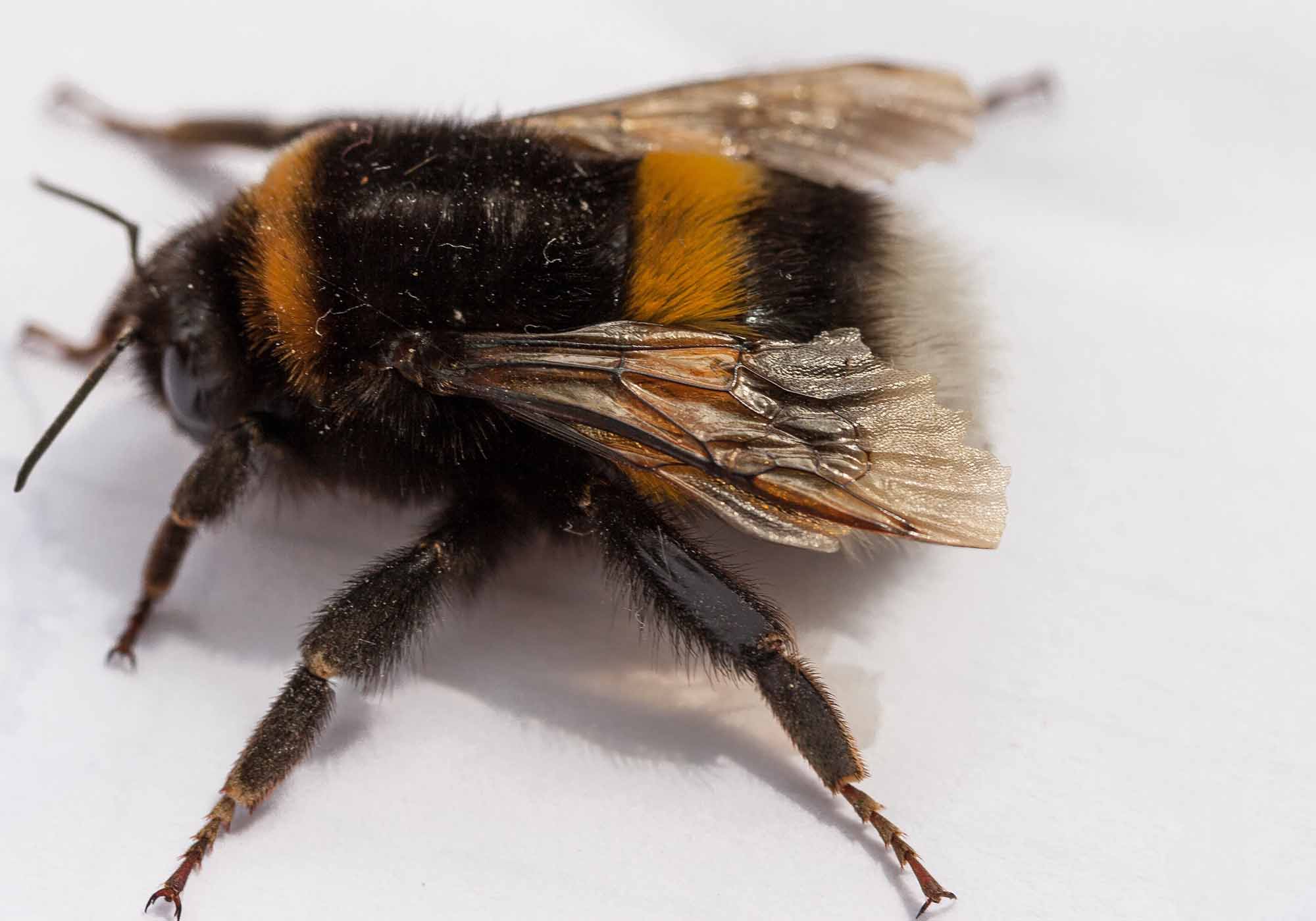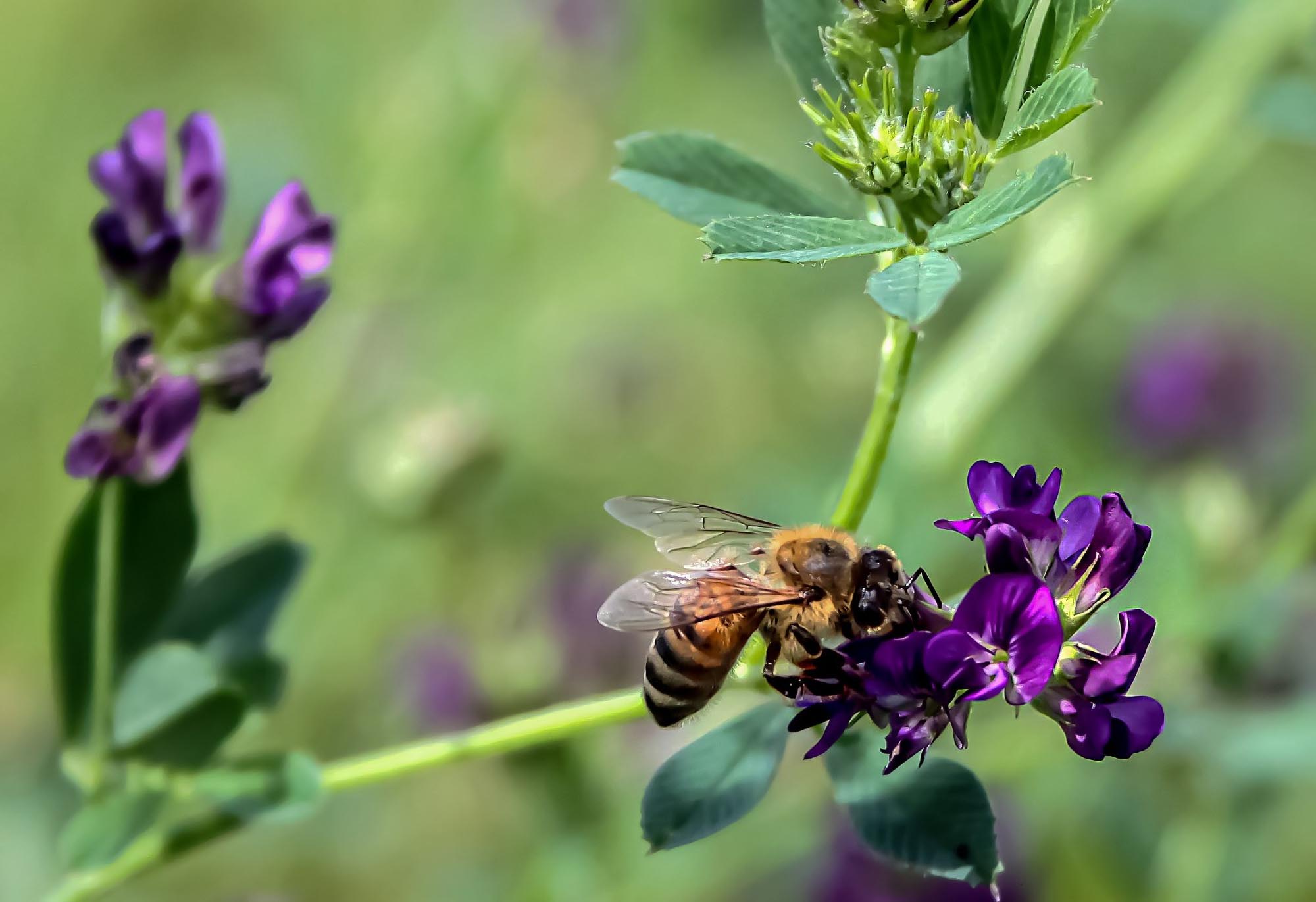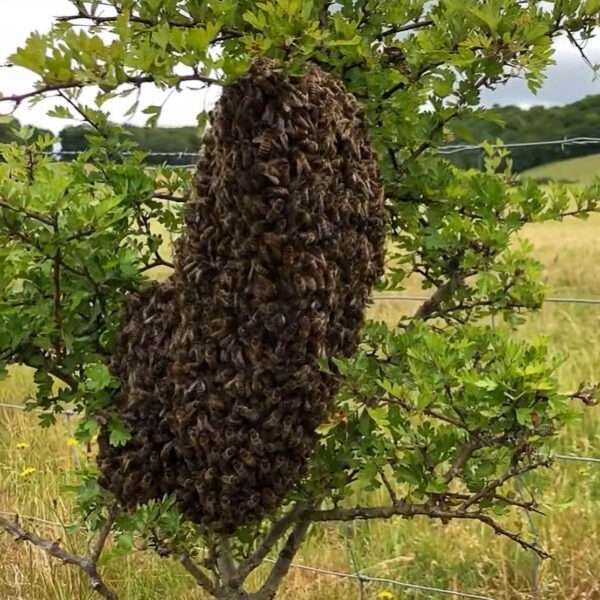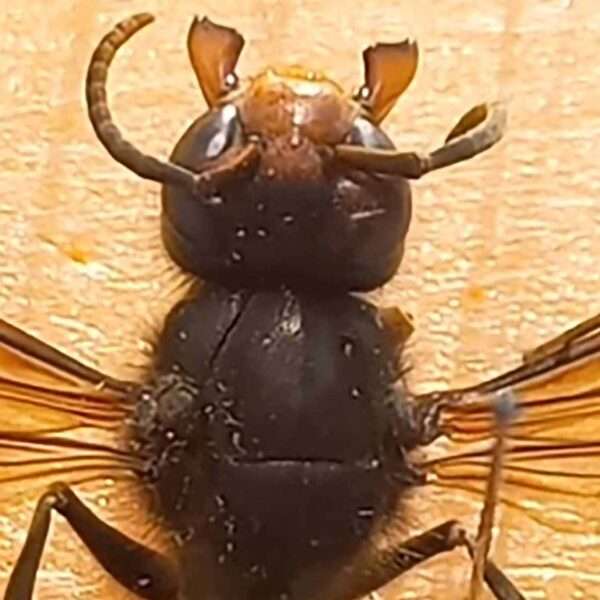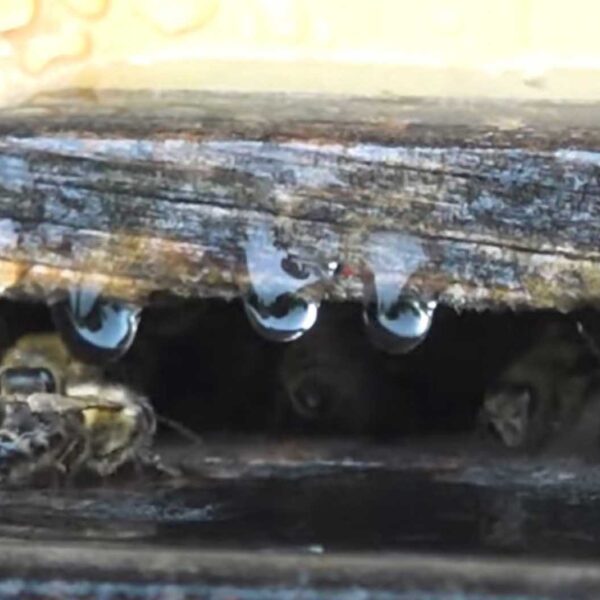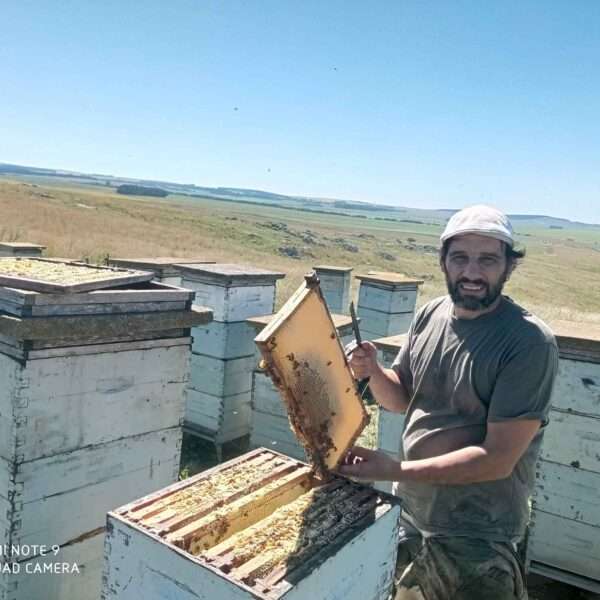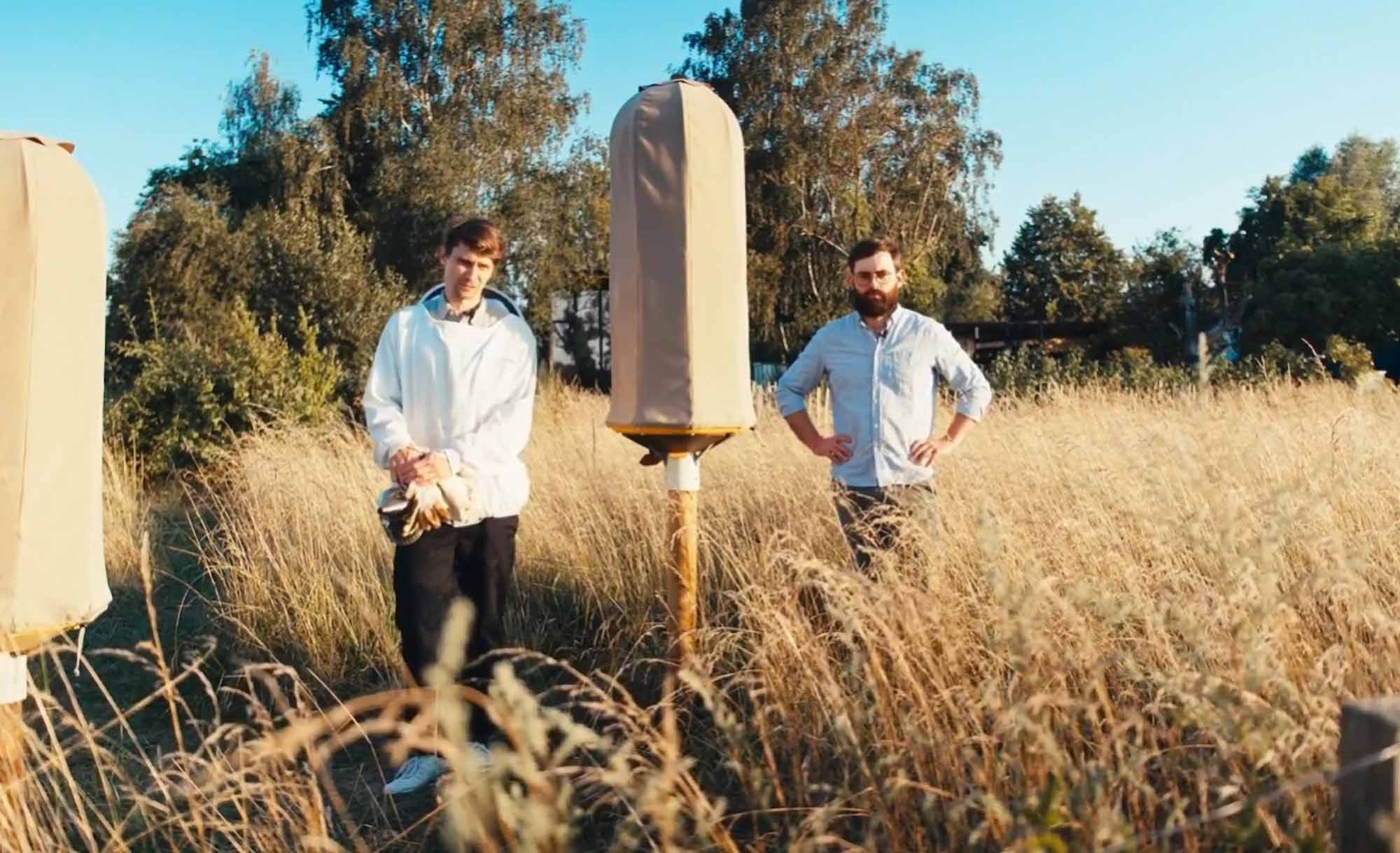Bumblebees are under immense risk of consuming pesticides as they are unable to taste chemical substances even at high concentrations, researchers in the United Kingdom have found.
Scientists from the University of Oxford and the Imperial College London examined whether the fact that certain toxic agents taste bitter to the insects protected them from drinking pesticides.
The result of their study highlights that bumblebees, which are pollinators and therefore important for biodiversity, are easily exposed to contested substances such as clothianidin and sulfoxaflor.
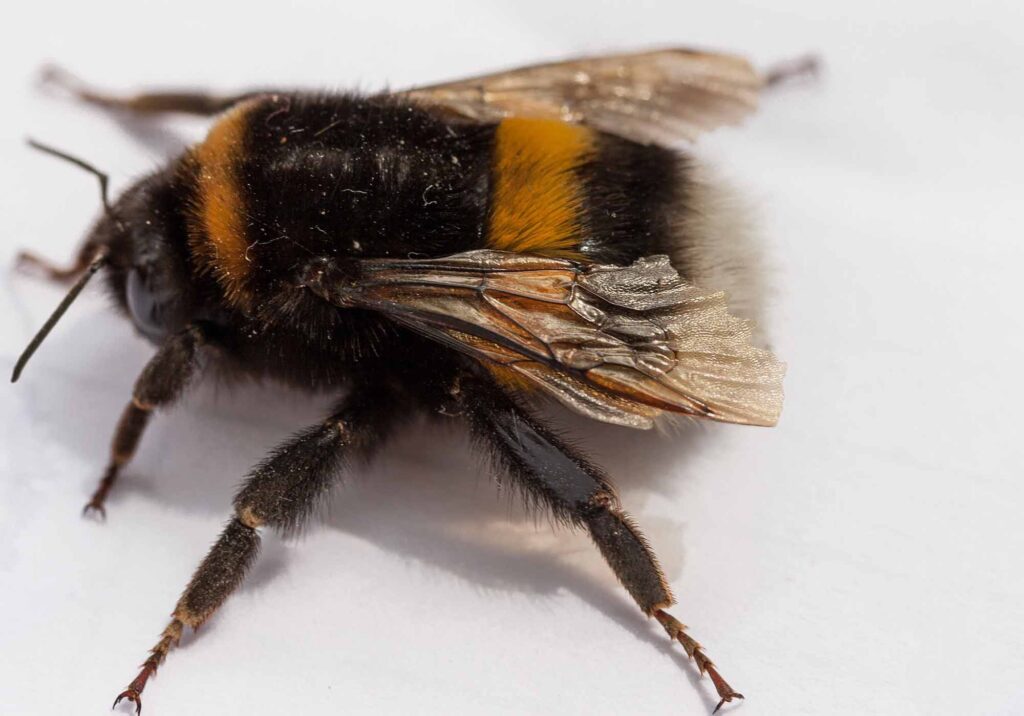
Dr Rachel Parkinson is a neuroethologist at the University of Oxford’s Bee Lab.
Dr Parkinson, who is the lead author of the scientific study, said: “As bumblebees cannot taste pesticides and don’t experience immediate negative consequences from drinking them, they likely would not be able to avoid consuming nectar contaminated with pesticides in the field.”
Oxford University’s Dr Caroline Wood emphasised this was “posing a threat to crop pollination.”
To determine the neuronal abilities of the buff-tailed bumblebee (Bombus terrestris). The researchers opted for electrophysiology. Furthermore, they observed their feeding behaviour.
The buff-tailed bumblebee is highly flexible regarding its habitats. It can therefore be found across Europe as well as in the Middle East and Northern Africa.
The queens of the species are between 20 and 23 millimetres long while male animals measure between 14 and 17 millimetres. Workers can reach a body length of 16 millimetres.
In its fact sheet, German NGO Nabu explains: “They are anything but picky eaters. Buff-tailed bumblebee colonies have been bred to crops such as tomatoes and strawberries.”

